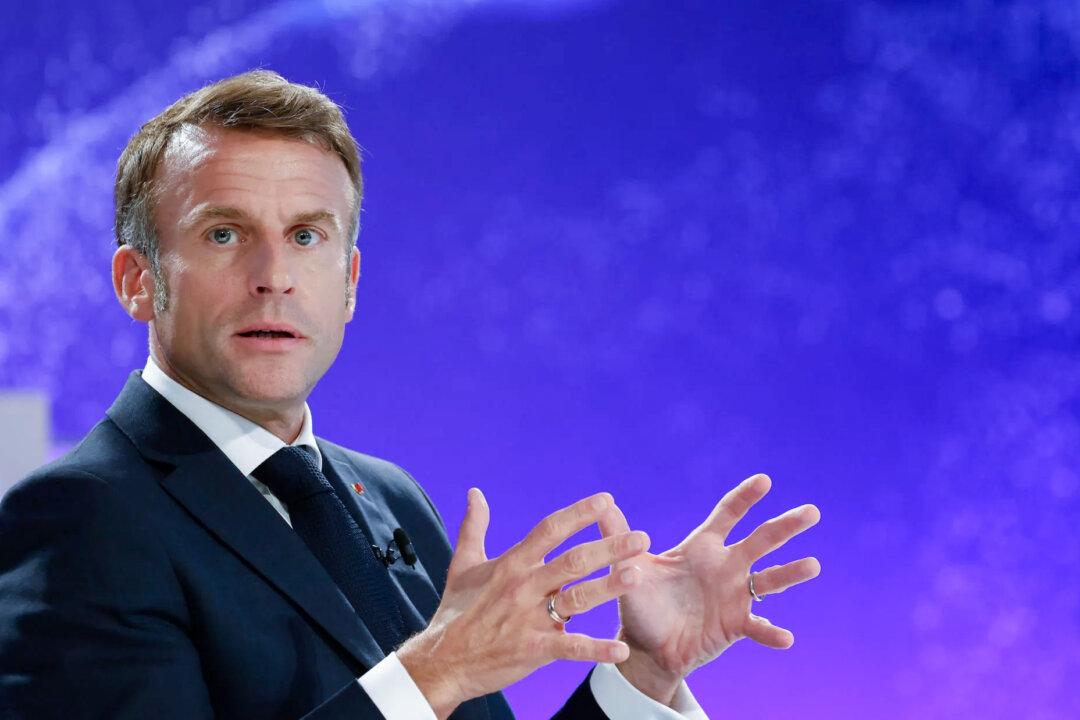French President Emmanuel Macron issued a stark warning on Oct. 2, stating that the European Union faces existential risks in the next two to three years unless it drastically reforms its regulatory framework, bolsters investment, and addresses unsustainably high social spending.
Macron made the remarks during a panel discussion at a conference in Berlin on Oct. 2, warning that the EU’s current economic model is unsustainable. Without urgent reform, he cautioned, the bloc risks losing its competitive edge, falling significantly behind global powers like China and the United States, and ultimately sinking into economic irrelevance.





